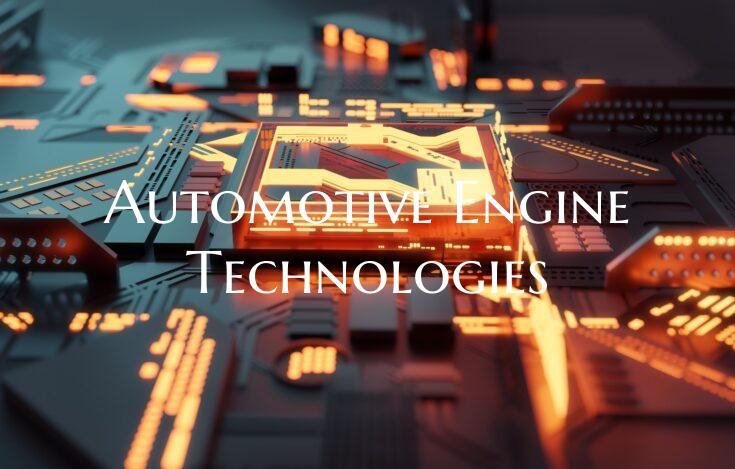Automotive Engine Technologies
Automotive Engine Technologies: Revolutionizing the Driving Experience
The automotive industry is continuously evolving, and one of the key areas where significant advancements have been made is in engine technologies. Modern automotive engines are a result of years of research, innovation, and engineering expertise, aimed at enhancing performance, efficiency, and reducing environmental impact.
One of the most notable advancements in automotive engine technologies is the shift towards electrification. Electric vehicles (EVs) are gaining popularity, offering zero-emission driving and contributing to a cleaner environment. These vehicles are powered by electric motors and advanced battery technology, providing a smooth and silent driving experience. Additionally, hybrid vehicles combine electric motors with traditional internal combustion engines, offering improved fuel efficiency and reduced emissions.
In the realm of internal combustion engines, developments in fuel injection systems, turbocharging, and variable-valve timing have significantly improved performance and efficiency. Direct injection technology allows for precise control over the fuel delivery, resulting in better combustion and increased power output. Turbocharging, on the other hand, increases engine performance by forcing more air into the combustion chamber, leading to enhanced power and efficiency.
Furthermore, advancements in engine management systems have enabled better control over various engine parameters, such as ignition timing and air-fuel ratio. This has led to improved fuel efficiency, reduced emissions, and enhanced overall drivability. Additionally, technologies like cylinder deactivation and start-stop systems help further optimize fuel consumption, especially in urban driving conditions.
Moreover, advancements in materials and manufacturing processes have enabled the production of lighter and more durable engine components. This has not only reduced overall vehicle weight but also improved the engine's longevity and reliability. Innovative design approaches, such as downsizing and downspeeding, have enabled automakers to extract more power from smaller engines while maintaining fuel efficiency.
In conclusion, automotive engine technologies continue to evolve, driven by a commitment to improving performance, efficiency, and sustainability. Whether through electrification, advancements in internal combustion engines, or innovative engineering solutions, these technologies are revolutionizing the driving experience and shaping the future of the automotive industry.

